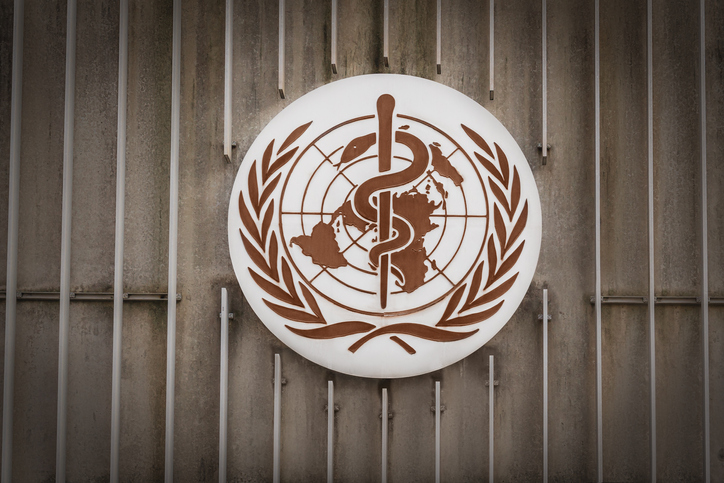The United Nations (UN) agencies have issued an urgent Call to Action, pointing out the critical need to address the grave health risks faced by pregnant women, newborns, and children in the aftermath of climate disasters.

The document titled "Protecting maternal, newborn, and child health from the impacts of climate change," which was released ahead of the global Conference of the Parties (COP28) negotiations on climate change in Dubai, highlights the alarming neglect, underreporting, and underestimation of the effects of climate events on maternal and child health.
The Call for Action highlights a fundamental omission in many countries' climate change response plans: maternal and child health are rarely mentioned. This omission is described as a "glaring omission" and is representative of the general lack of attention paid to the needs of women, newborns, and children in the climate change discourse.
The World Health Organization's (WHO) Assistant Director General for Universal Health Coverage, Life Course, Bruce Aylward, underlines the existential threat posed by climate change, particularly to pregnant women, newborns, and children. He stresses the importance of prompt climate action to protect their health and life, while also ensuring that their specific demands are recognized in the climate response.
A succession of disastrous climate disasters, including wildfires, floods, heatwaves, and droughts, occurred in 2023, leading to displacement, crop and animal losses, and heightened air pollution. Climate change is hastening the spread of fatal diseases, disproportionately impacting pregnant women and children.
According to the research referenced in the Call for Action, the effects of climate change can begin in the womb, resulting in pregnancy-related problems, premature birth, low birth weight, and stillbirth. The consequences for children might endure a lifetime, harming their physical and mental development.
The Call to Action recommends seven immediate actions to address these growing dangers, including continuous reductions in greenhouse gas emissions, climate financing initiatives, and explicit inclusion of pregnant women, newborns, and children's needs in climate and disaster-related policy. Furthermore, the organizations argue for more studies to better understand the specific effects of climate change on mother and child health.
The publishing of this Call to Action coincides with COP28, where delegates will commemorate the first Day of Health, highlighting the inextricable links between individual health and global health. In the midst of the rising climate disaster, the urgent plea emphasizes the significance of prioritizing the health and well-being of the most vulnerable communities.